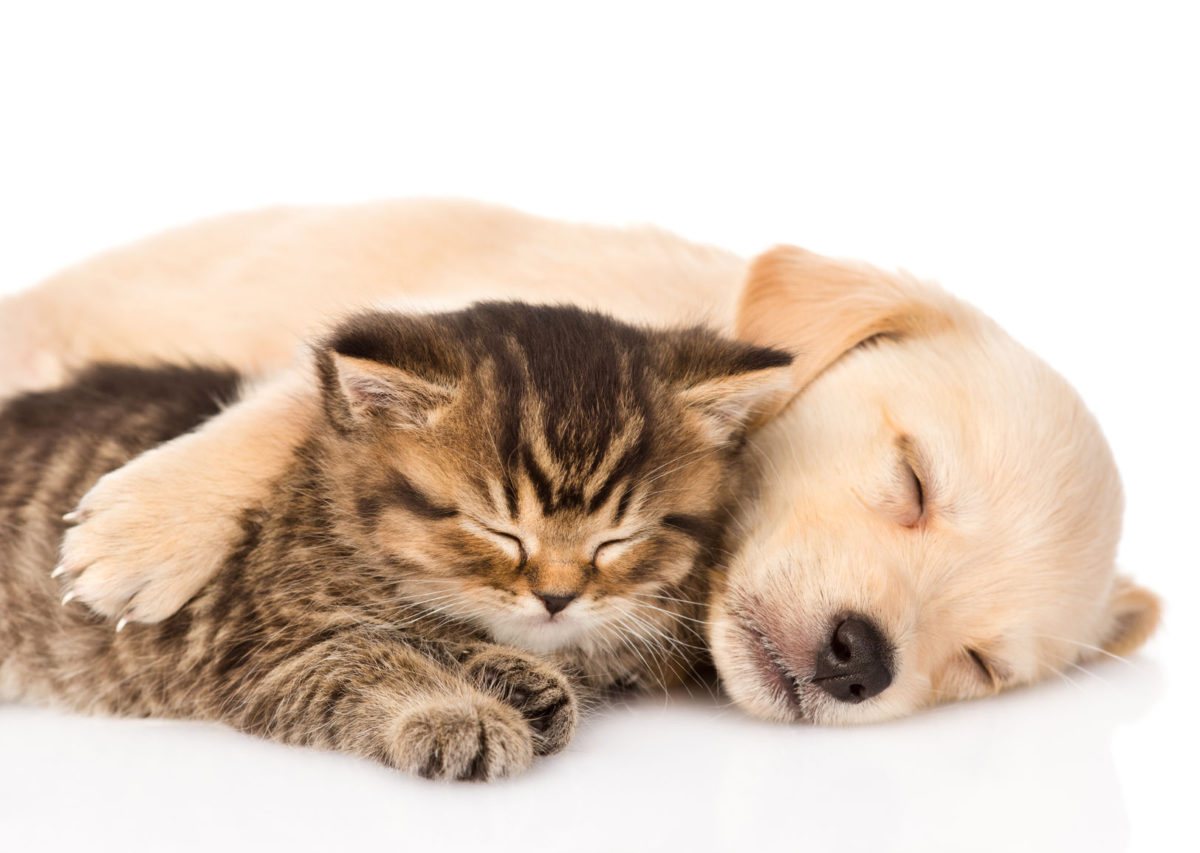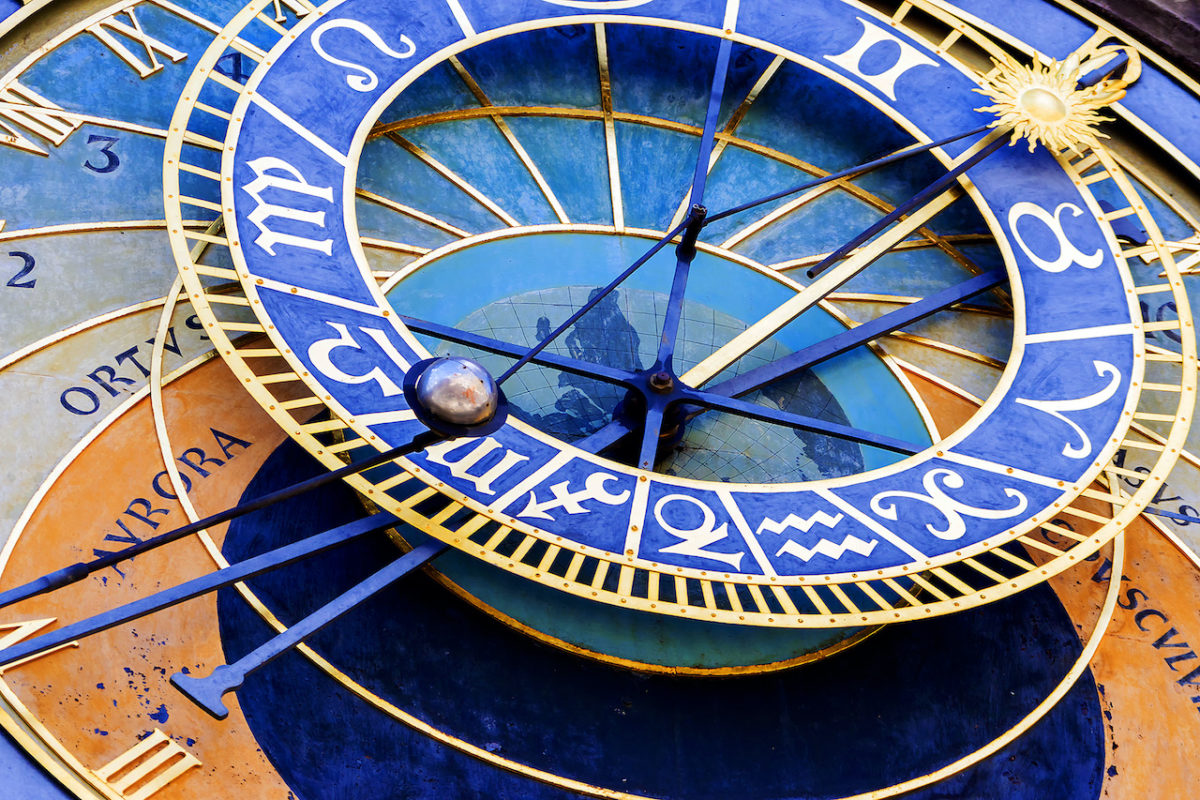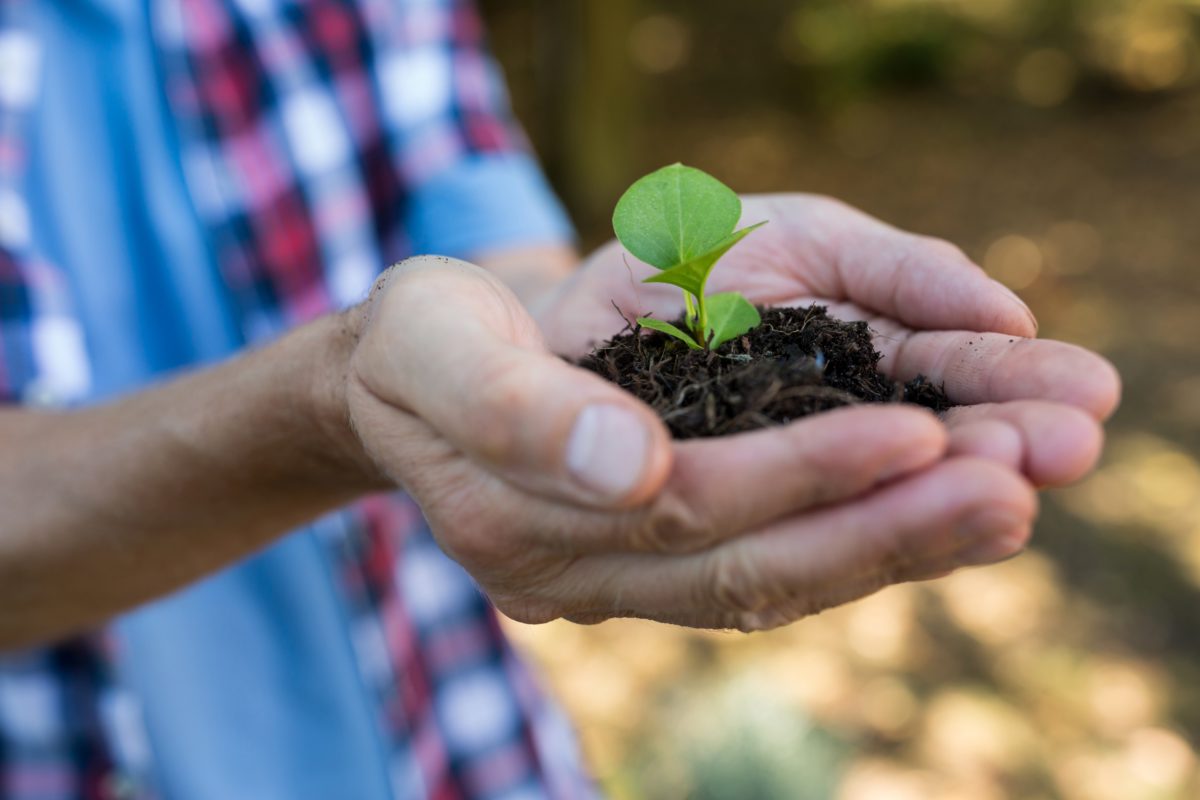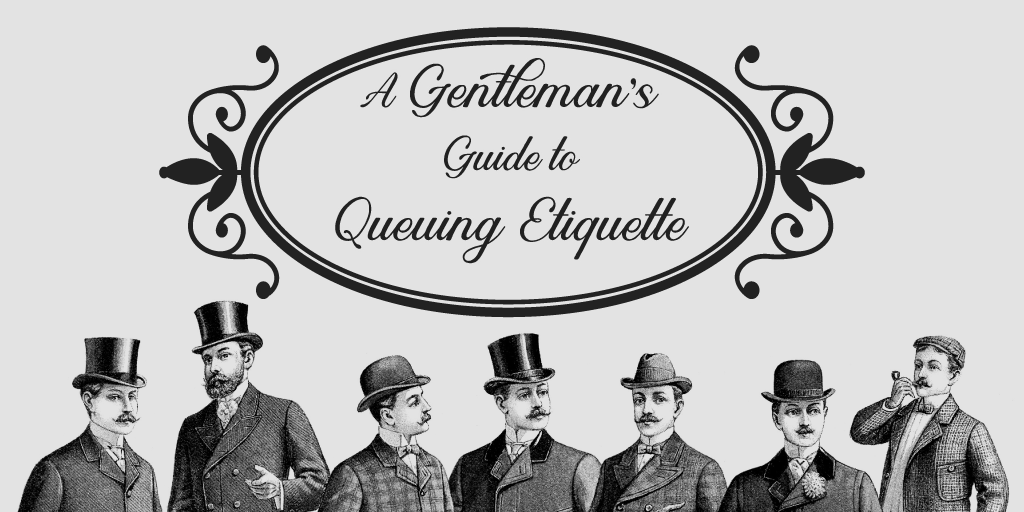Spiritualism often touts a soul or spirit that animates otherwise lifeless creatures (our “jiva”). Eckhart Tolle calls it “consciousness”, which he determines is part of a collective consciousness that forms the universal intelligence. And we know it’s there because it can observe the other things in there. This “observer” can hear our egoic self talk and witness ourselves becoming emotional, and even brings its own voice to the party to take master control over our selves. Neat! But so what?
Good question! We’ve been doing just fine until now, right? Our paths are pretty clear. Grow up, go to school, meet someone special, fall in love, go to university, get a job, get married, have kids, retire and die. And within those life events we can horse around, play some sports, watch TV, go to some parties, travel around to exotic places. It’s pretty busy actually and this feels very filling.
So why is the population so chronically unhappy, overworked, stressed out, impoverished, underserved, unhealthy, underwhelmed and generally dissatisfied? Is the explosion in antidepressant meds because the ‘path’ is working? Do we just need our hometown sports teams to win more championships? Or maybe salvation lies in more Kardashian shows and viral memes?
Modern society consists of a dizzy array of distractions that do an excellent job of clogging up our sensory pathways during all waking hours. We are so barraged that if we don’t deliberately remove these stimuli we have little to no ability for independent thought or reflection. It’s gotten so pervasive that when there is a power outage that cripples Internet access, people become genuinely distressed on how to spend their time.
The always-connected phenomenon, I believe, has completely impaired our few remaining moments for thinking, introspection, feeling, daydreaming, planning, spontaneous creativity, discovery, observation and otherwise being in and with ourselves. And mindfulness is far more difficult while we are juggling texts, emails, work, kids, news, friends, events, family. How can we possibly listen to our observer with all this constantly going on?
Many things exist more enduringly than the structures and distractions created in society, and this is what is quite remarkable about the universe as we know it. We have and obey a series of scientific laws that are immutable. These laws make things entirely predictable such that we can build bridges, shoot rockets to the moon and pocket the 8-ball in billiards all without mysterious mishaps.
Mindfulness, even in its most sophisticated form, tends not to be mindful of the laws to which we are governed or even the forces that act upon us directly! Have you ever felt gravity act upon you in meditation? Are you mindful of your potential energy when up high in your condo or office tower? Do you feel the friction of your clothes as you walk around when you don’t have static cling? Have you pondered your kinetic energy when zipping down the highway in your car?
External forces are acting on us 24/7 and we are rarely aware of them and their duty to carry out the awesome will of the universe. Similarly, I believe we have internal forces that act out and we have a much harder time ignoring them because we are the space in which they dutifully impose their will.
Not to be confused with hormonal or neurotransmitter cravings stemming from withdrawal, desire, boredom or psychological stress, internal forces arise and impel us to action in an organic manner. These forces emerge without thought, feelings or other internal apparatus or learned responses. Absolutely we do think and feel about these forces reactively, which we ultimately permit or not based on this deliberation, but the force itself originates proactively from the soul and it is striving to achieve its duty like all other forces in the universe.
Do you put on music when you drive to electrify the experience and make it more a raucous karaoke experience than a drive? During your workout when you put on music does it energize and propel you? Have ever felt so mutually attracted to a person it’s like a powerful magnet is drawing you two together. When you hear a particular voice does it feel palpably that you’re feeling energetic friction? We have actually written up 150 ‘signs of life’. These signs of life are the result of living from soulful forces, which impel us constantly to action in ways that we do not conjure ourselves.
Psychologists have working theories for all forms of human behaviour, from biological to cognitive to motivational. Yet they are utterly confused at certain human behaviours, one of which pertain to good samaritanism. It is biologically, evolutionarily, sociologically and motivationally incomprehensible that we risk our lives to save a total stranger from drowning, but apparently this is something we do consistently. Don’t agree? Imagine your dreams for the rest of your life if you didn’t attempt to save that person.
We can fight gravity with elevators. We can deflect light with mirrors. We can slow boulders in motion. You know the amount of energy this requires, especially when our internal space is the battleground. The language of the universe is codified in law, and while science has not empirically defined all internal forces, it is foolish to think that these powerful and present forces are not as real as their well defined external cousins that push and pull us in every other way.
Being attuned and responsive to the language of the soul offers immeasurable contentment and authenticity, as well as the knowledge that the universal intelligence is being achieved in you, so listen to your internal forces and allow them to perform their duty.








